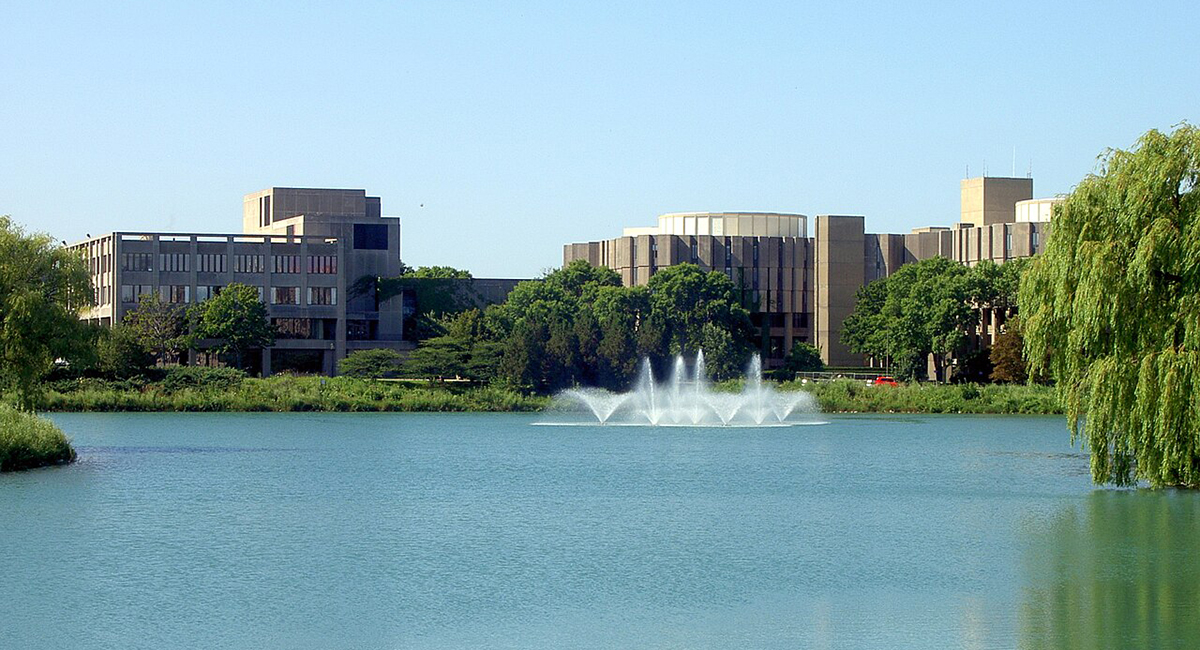Like many others, I have long sensed that the so-called best and most prestigious American universities were actually very poor at maintaining a campus environment that upholds the free expression of ideas, basic First Amendment protections, etc. But after researching this more deeply, I was truly shaken: Our so-called “best” universities are openly hostile to the American constitutional tradition of encouraging a vibrant market of ideas and free expression. Indeed, if one weighted that factor importantly (say 25 percent) in any overall college ranking assessment, I suspect Michigan Technological University would probably be considered a better school than Harvard.
Moreover, the outrageous behavior of Harvard’s leadership in the wake of the Hamas attack on Israel (failing to condemn those attacks while student groups praised them) suggests that elite schools disdain adherence not only to American constitutional rights as outlined in the First Amendment but also to another set of laws, the Ten Commandments—in this case, the admonition “thou shalt not kill.” As former Harvard president Larry Summers appropriately observed, “In nearly 50 years of Harvard affiliation, I have never been as disillusioned and alienated as I am today.”
To be sure, following the tradition of the University of Chicago’s Kalven Report, there is a very strong case that can be made that universities should simply refrain from commenting on current events; they should stay completely out of politics, providing a forum for discussion but not participating institutionally in the debate. But that is not the world we are in today, and Harvard’s administration, implicitly claiming that it speaks for the entire Harvard community, has frequently condemned or supported positions typically consistent with some current woke cause.
However, I wish to focus on collegiate transgressions against the First Amendment. The gold standard for measuring freedom of expression in American academia is the Foundation for Individual Rights in Education, or FIRE. It ranks 248 major American colleges based not only on published school policies regarding academic freedom and the rights of members of the campus community to express themselves but also on numerous other indicators, including known campus incidents involving canceled speakers and other transgressions of free expression. Additionally, it relies on a survey administered by the College Pulse to over 50,000 American college students attending the rated schools, which asks questions like: Do students feel they can peacefully express their true feelings publicly without significant adverse consequences?
The schools ranking the highest in the FIRE rankings are mostly public universities: In the top 10, besides Michigan Tech, are such mainstay schools as Auburn, the University of New Hampshire, Oregon State, Florida State, the University of Virginia, Texas A&M, and George Mason University. Contrast this to the elite private schools. Only one of the eight Ivy League schools is not in the bottom quartile of schools examined by FIRE (Brown, ranked an undistinguished but above average 69), and the two very worst schools are Harvard (described as “abysmal”) and Penn. Several other non-Ivy League elite schools are also ranked very poorly, such as Stanford (207) and Northwestern (242).
Perhaps the most interesting geographic juxtaposition of schools is in Chicago. The University of Chicago, ranked a high 13th, personifies institutional commitment to free expression: the Chicago Principles. Its principal crosstown rival, Northwestern, however, had the seventh lowest evaluation in the country—truly execrable. As a Northwestern alum, I had high hopes when newly installed president Michael Schill told the alumni magazine that he has a vigorous commitment to free speech. I even responded with a gift of a few hundred dollars to support my alma mater as it hopefully breaks away from a past of excessively subordinating high principles to the demands of a woke-loving mafia.
But then I got an email from a very prominent alumnus, Ben Slivka, a successful high-tech entrepreneur who was once a high-level Microsoft employee and who has given millions to Northwestern, served for 20 years as a trustee and devoted countless hours to supporting his school. Slivka was “canceled,” not by Schill, but by an Athletics Department DEI administrator (Northwestern has dozens of them). His sin? Apparently, he made remarks at a pre-football game tailgate party attended by students that some did not like. Slivka was told, “[S]everal student-athletes reported ... they were upset with comments by you that they deemed racist and/or sexist ... we ask you to refrain from ... future ... meetings with Northwestern’s student-athletes.” He further asked Slivka not to “contact student-athletes directly, either by phone, in person, or through social media.” Slivka also tells me that top university officials simply have refused to talk to him, listen to his side of the story, etc.
I was not present, and it is certainly possible that what Slivka said was tasteless, cringeworthy, maybe even with potential derogatory racial or ethnic overtones. Since Slivka is a pro-immigrant advocate who has traveled widely in distinctive non-American cultures, I find that type of offensive behavior unlikely but still possible. However, universities should be tolerant of all speech that does not promote a threat to the physical safety of members of university communities. College students should be treated not like delicate snowflakes needing sheltering from disagreeable speech but, rather, like educated human beings who can articulate their own peaceful responses and vigorously engage in verbal give and take.
We subsidize colleges because they have alleged “positive externalities” or spillover effects, and indeed we tax other law-abiding productive citizens to help fund those subsidies. The administrative outrages and the suppression of free expression discussed above are “negative externalities” that may lead quite reasonably to reductions in collegiate subsidies or even to taxing the schools. For example, perhaps in 2025 a new Congress will expand the endowment tax on wealthy private schools and curtail tax breaks for donors to them. Universities are not privileged islands unto themselves.













